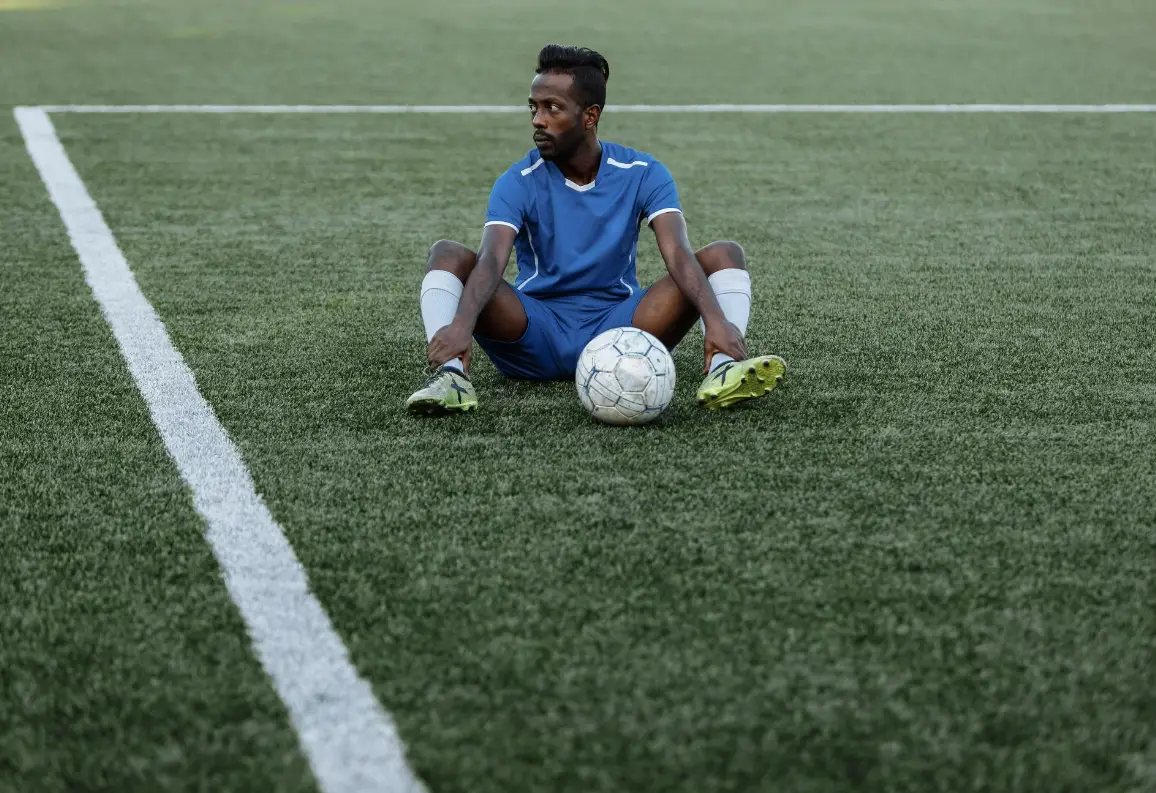Juggling the responsibilities of a student-athlete and a student can be challenging. However, as a student, you can succeed both in the classroom and on the field. Here are five key points to help you effectively manage your time, maximize your physical and mental health, and excel in your conflicting endeavors.
1. Prioritize Time Management
Good time management is always critical to doing well at both soccer and in school. First, develop a schedule that makes it possible to balance both of your passions. Use planners or digital apps to keep track of your practice times, games and matches, classes and study sessions, and when you need to rest and recover. Be realistic about what you can do on your own and what you should outsource. You can go online and search “Who can write my paper for me?” to find some expert academic help. Thus, figure out your priorities and concentrate on what’s most important at that moment, which will help you to be your best in both of your worlds.
2. Communicate with Coaches and Professors
Communicate openly with both your coaches and your professors. If you have a big test or paper due, keep your coaches updated. Likewise, if you’re scheduled to play in a game, keep your professors in the loop about your commitments. Many professors will be willing to work with you, even helping you reschedule exams or assignments, if they know you are a student-athlete. Making early communication can save you from a huge amount of stress by avoiding conflicts that can arise from having to switch around plans last minute. Ultimately, it shows responsibility.
3. Stay Organized and Prepared
Keep your sports gear clean, dry, and ready to go, and likewise, your textbooks and notebooks organized and available. Preparing ahead helps to lower your daily stress levels; you won’t have to scramble to find your books or your soccer boots at the last minute. Finally, regularly review your athletic and your academic goals. Adjust your priorities as needed, but remember to give both areas of your life sufficient time and attention.
Key Organizational Tips:
- Check and pack your equipment and schoolwork the night before.
- Use a digital calendar to sync and view all activities at a glance.
- Set reminders for assignment due dates and game days.
- Review your weekly schedule every Sunday to make any necessary adjustments.
4. Focus on Nutrition and Rest
It’s also important to keep your physical health in check. When your body has to deal with the academic and athletic pressures you’re under, you need to nurture it as much as you can. Eat a diet that will keep you energized, with nourishing foods that keep both your brain and body functioning at their best. Drink plenty of water, and avoid caffeine or sugar-fuelled energy drinks, especially on the eve of an exam or match day. Sleep is also important. When you’re tired, you won’t perform as well both mentally and physically. Try to go to bed at the same time every night, even on weekends, to help your body keep track of its inner clock.
5. Use Stress-Relief Techniques
The combination of sports and academic demands can be stressful. Incorporate stress prevention techniques into your routine so that you can maintain the best possible mental health. This can include mindfulness practices, yoga, meditation, or other techniques to keep you relaxed and focused outside of time spent playing sports or doing schoolwork. The natural release of stress through sports like soccer is helpful, but other practices, especially during exam times or competitive seasons, can be beneficial as well.
Scoring Goals in All Areas of Life
Balancing soccer with school takes time, but the sooner you can figure out how to manage your activities, stay organized, communicate, take care of yourself, and keep stress to a minimum, the better your experience will be, and the more successful you will be in and out of class and on the field. The skills you learn and develop as a student-athlete – time management, perseverance, collaboration, and leadership, to name just a few – will carry over into your life and help you long after college. So, lace up your shoes, pull out your textbooks, and be ready to tackle everything in your path!


















